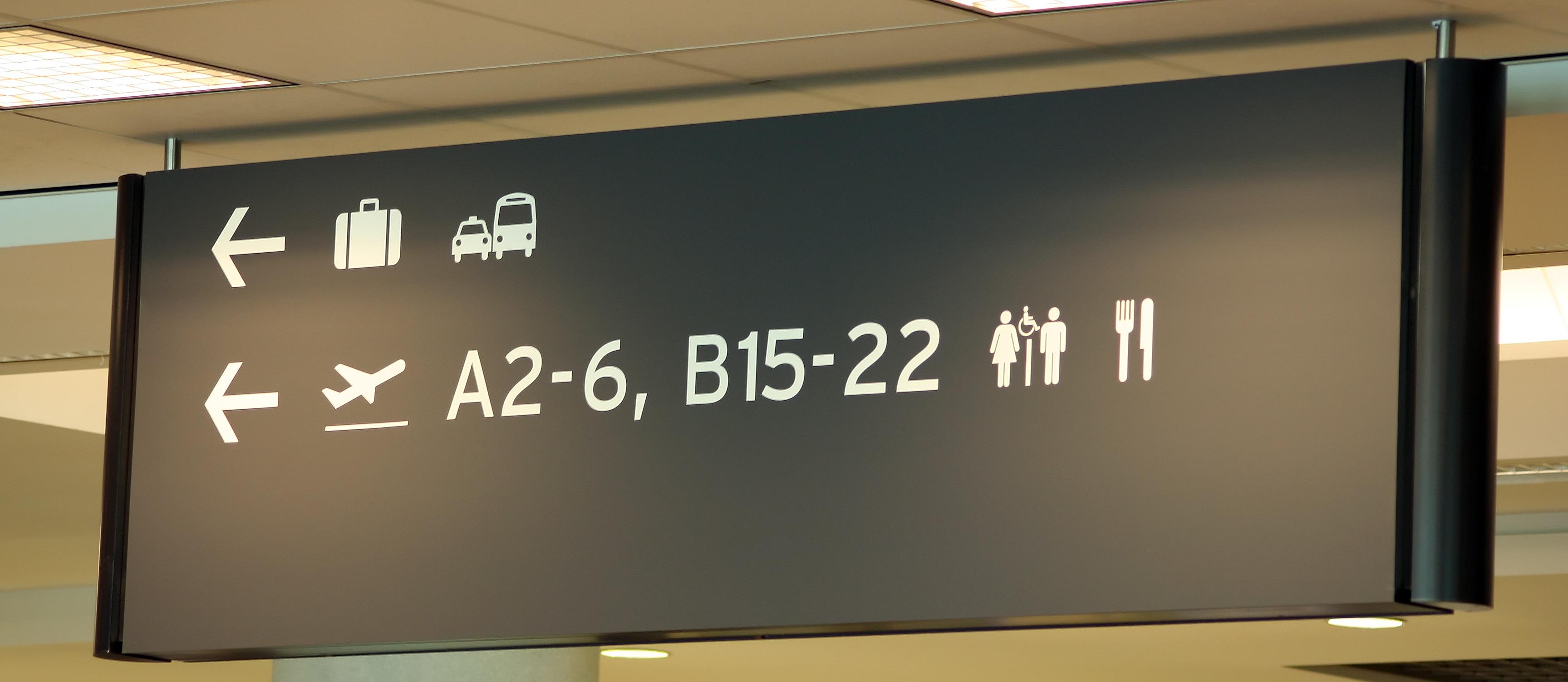
Special Procedures: Law Enforcement
Flying Armed
To qualify to fly armed, unless otherwise authorized by TSA, federal regulation states that a law enforcement officer must meet all of the following requirements:
- Be a federal law enforcement officer or a full-time municipal, county, state, tribal or territorial law enforcement officer who is a direct government agency employee.
- Be sworn and commissioned to enforce criminal or immigration statutes.
- Be authorized by the employing agency to have the weapon in connection with assigned duties.
- Have completed the TSA Law Enforcement Officer Flying Armed Training Course.
In addition to the above requirements, municipal, county, state, tribal, or territorial officers must present an operational need to have the weapon accessible from the time he or she would otherwise check the weapon, until the time it would be claimed after deplaning. The need to have the weapon accessible aboard the aircraft must be determined by the employing agency and based on one of the following:
- Assigned to a protective duty as a principal or advance team, or on travel required to be prepared to engage in a protective function.
- Conducting a hazardous surveillance operation.
- On official travel with a requirement to report to another location armed and prepared for duty immediately upon landing.
- Control of a prisoner, or on a round trip ticket returning from escorting or traveling to pick up a prisoner.
- Employed as a federal law enforcement officer, whether or not on official travel, and traveling armed in accordance with the policies or directives of the employing agency.
Common examples of travel that does not meet the threshold for carriage of accessible weapons are:
- Individuals possessing the status of a retired, contract, reserve, auxiliary or annuitant law enforcement personnel.
- Law enforcement officers who have not been granted general arrest authority and/or are limited specifically to governmental facilities.
- Any law enforcement officer who is employed by a department, agency or service that is not fully taxpayer funded.
- Attendance of non-operational or enforcement related activities (e.g., training, conferences, police week, memorial services, personal travel, etc.).
Training Program
For efficiency purposes, TSA continues to enhance its methodology to process and account for flying armed training requests. Law enforcement agencies with an operational need to fly armed must select a single instructor/point-of-contact to request the training material. This point-of-contact must request the training material to instruct the law enforcement officers within their agency who meet federal regulations to fly armed by completing the fillable form provided at the link below.
To request the training material, the instructor/point-of-contact must:
- Be a full-time law enforcement officer meeting the instructor qualification standards of their agency.
- Click on the below Request Training Materials icon and complete all required information.
- Send the request from a government email.
State, local, territorial, tribal and approved railroad law enforcement officers flying armed must submit a National Law Enforcement Telecommunications System message at least 24 hours prior to travel. More information on this procedure is contained in the training program.




